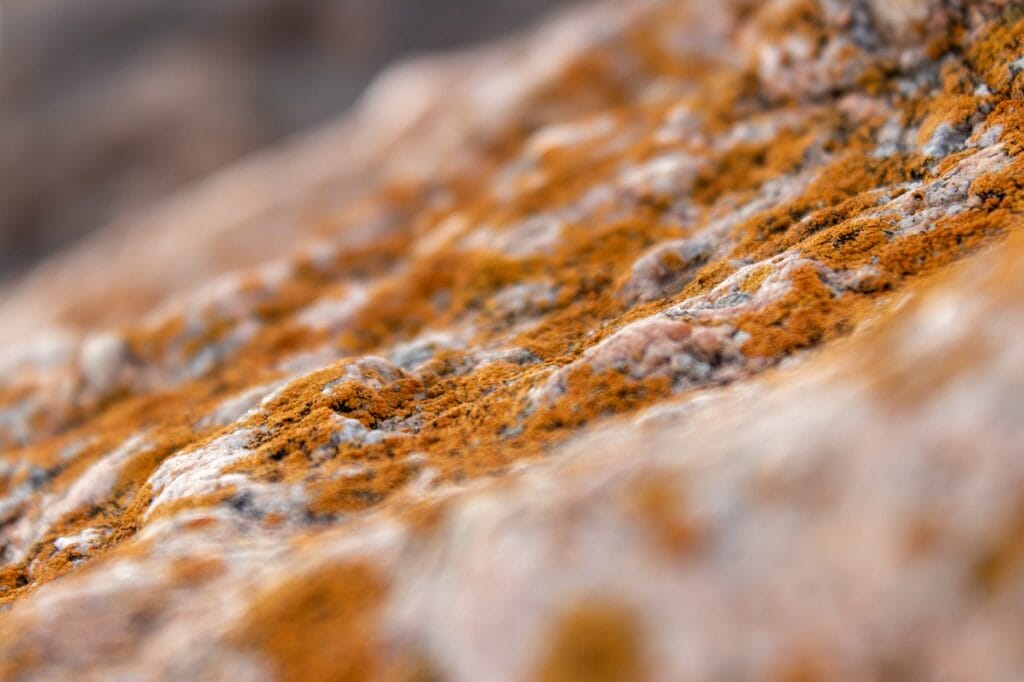
Understanding and Addressing Bad Smells from Your Home Air Conditioner
Having a comfortable home environment includes maintaining a properly functioning air conditioning system. However, encountering unpleasant odors from your AC can be concerning and disruptive. Let’s look into the common reasons why your home air conditioner might emit bad smells, what these odors could indicate, and practical solutions to address and prevent them.
Common Causes of Bad Smells
- Mold and Mildew: One of the most frequent causes of bad smells from air conditioners is mold and mildew growth. This can occur within the unit itself or in the ductwork, especially if there is moisture buildup.
- Dirty Air Filters: Over time, air filters in your AC can become clogged with dust, dirt, and debris. When filters are dirty, they can emit musty odors as air passes through.
- Stagnant Water: If water accumulates in the AC unit or the drain pan due to improper drainage or clogs, it can become a breeding ground for bacteria, leading to foul smells.
- Burnt Electrical Components: A burning smell from your AC could indicate overheating of electrical components or wires, which should be addressed immediately for safety reasons.
- Pets and Other Household Odors: Sometimes, odors from pets, cooking, or other household activities can get pulled into the AC system and recirculated, causing a stale or unpleasant smell.
Identifying Different Types of Odors
Understanding the type of odor your air conditioner emits can provide clues about the underlying issue. Here are some of the most common AC smells:
- Musty Smell: Typically indicate mold or mildew growth within the unit or ductwork.
- Dirty Sock Smell: Often caused by microbial growth on the evaporator coils due to moisture and organic matter buildup.
- Burning Smell: Indicates overheating of electrical components and requires immediate attention to prevent fire hazards.
- Chemical Smells: Could be from refrigerant leaks, which also require prompt professional attention.

Solutions and Preventative Measures
Addressing bad smells from your air conditioner involves a combination of cleaning, maintenance, and sometimes professional intervention:
- Regular Cleaning and Maintenance:
- Air Filters: Replace or clean air filters every 1-3 months, depending on the type and usage.
- Coils and Ducts: Clean evaporator coils and ductwork annually to prevent mold and bacterial growth.
- Drainage: Ensure proper drainage of condensate water by cleaning drain lines and pans regularly.
- Odor Remediation:
- DIY Cleaning: Use a mixture of water and vinegar to clean moldy surfaces within the AC unit.
- Air Purifiers: Consider using air purifiers with activated carbon filters to help eliminate odors circulating in your home.
- Professional Inspection and Repair:
- Electrical Issues: If you smell burning or electrical odors, turn off the AC immediately and contact a qualified electrician to inspect and repair electrical components.
- Refrigerant Leaks: Professional HVAC technicians can detect and repair refrigerant leaks safely and effectively.
- Preventative Measures:
- Regular Inspections: Schedule annual HVAC maintenance checks with expert professionals to ensure your AC system is in good working condition.
- Humidity Control: Use dehumidifiers in areas prone to high humidity to reduce moisture levels that contribute to mold growth.
Importance of Timely Action
Addressing bad smells from your air conditioner promptly not only improves indoor air quality but also extends the lifespan of your AC unit. Neglecting these issues can lead to more significant problems, such as decreased efficiency, costly repairs, or health concerns related to poor air quality.




